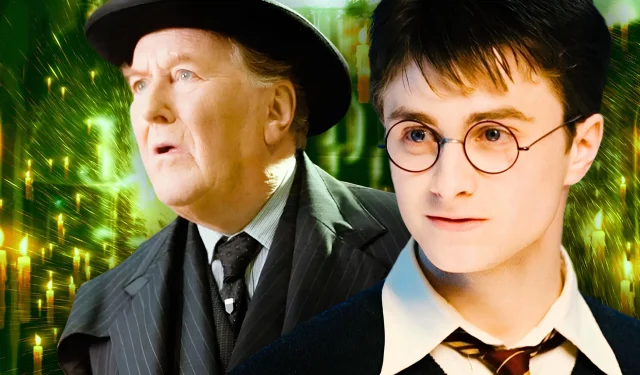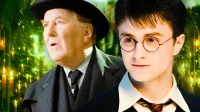The Wizarding world of Harry Potter has sparked intrigue and fascination, but certain inconsistencies have always raised questions for me. As HBO prepares to launch its new remake of Harry Potter, there’s an exciting opportunity to refine these elements and enhance the depth of the magical universe. While it’s understandable that no fictional setting is flawless, especially one as whimsical as Harry’s, this remake could effectively clarify some ambiguous aspects that might improve the overall narrative.
One of the standout features of the Wizarding world is its secret coexistence with the non-magical realm. This intriguing setup opens the door for fans and critics alike to examine the logic underpinning this universe. Furthermore, the distinctive magic within Harry Potter adds layers of complexity that sometimes lead to contradictions. Initial whimsical ideas introduced in books like Harry Potter and the Philosopher’s Stone can evolve into larger issues requiring resolution. Let’s explore some key areas where HBO’s remake holds the potential for improvement.
1. The Wizarding Economy: A Mystery Yet to Unravel
Are There Cost Structures in the Wizarding World We Haven’t Considered?
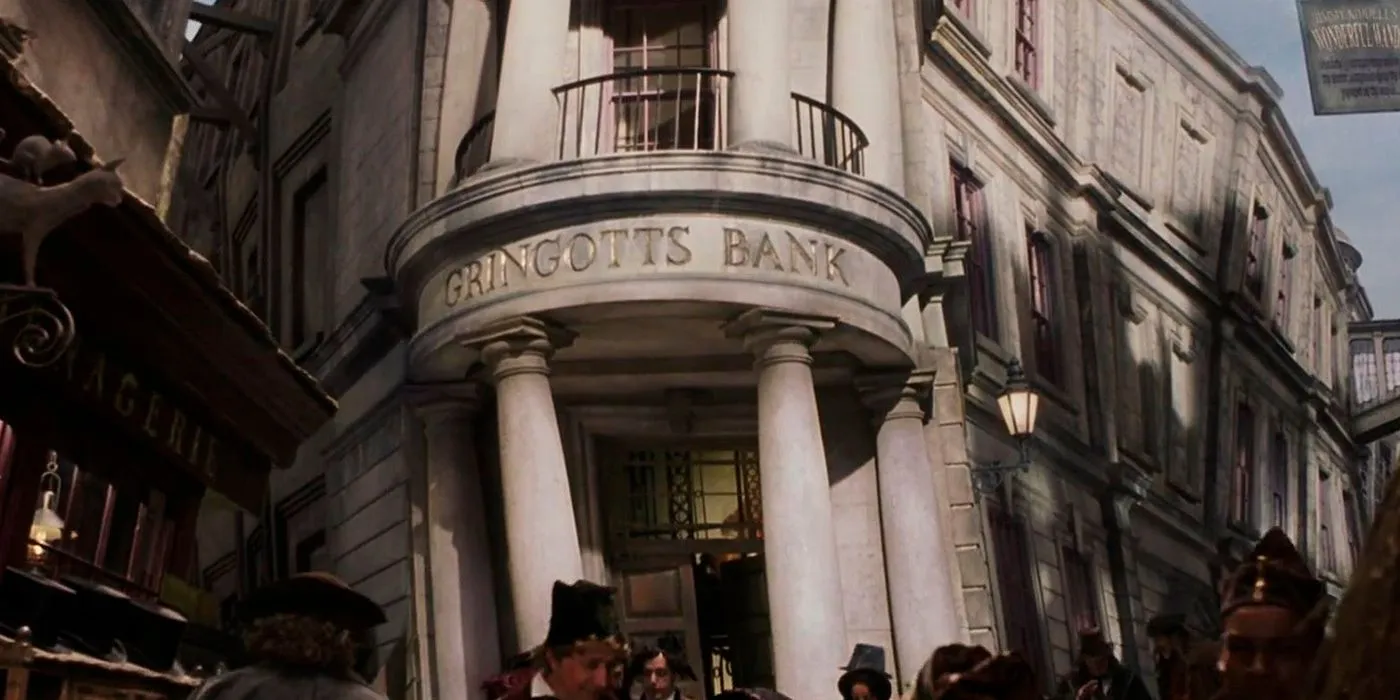
Similar to the Muggle world, the Wizarding community is stratified by wealth, with affluent families like the Malfoys contrasting sharply with poorer ones like the Weasleys. While this inequality highlights blood purity issues, it raises questions about how certain families manage to be impoverished despite a system built on magical resources that could potentially alleviate many financial burdens. Magic could easily counter many typical expenses, so where do these inconsistencies arise?
One possible explanation could be a significant tax system enforced by the Ministry of Magic, which may not be fully articulated in the original narrative. For instance, the series indicates through Gamp’s Law of Elemental Transfiguration that food cannot be conjured from nothing, yet magical beings can increase existing quantities. Thus, frequent grocery runs could be minimal. If the Weasleys also don’t have to pay for utilities like electricity and water, it’s plausible to explore the idea that government policies contribute to this disparity, enriching themes of systemic classism.
2. The Gaps in Wizarding Education
How Can the Remake Enhance Our Understanding of Wizarding Education?
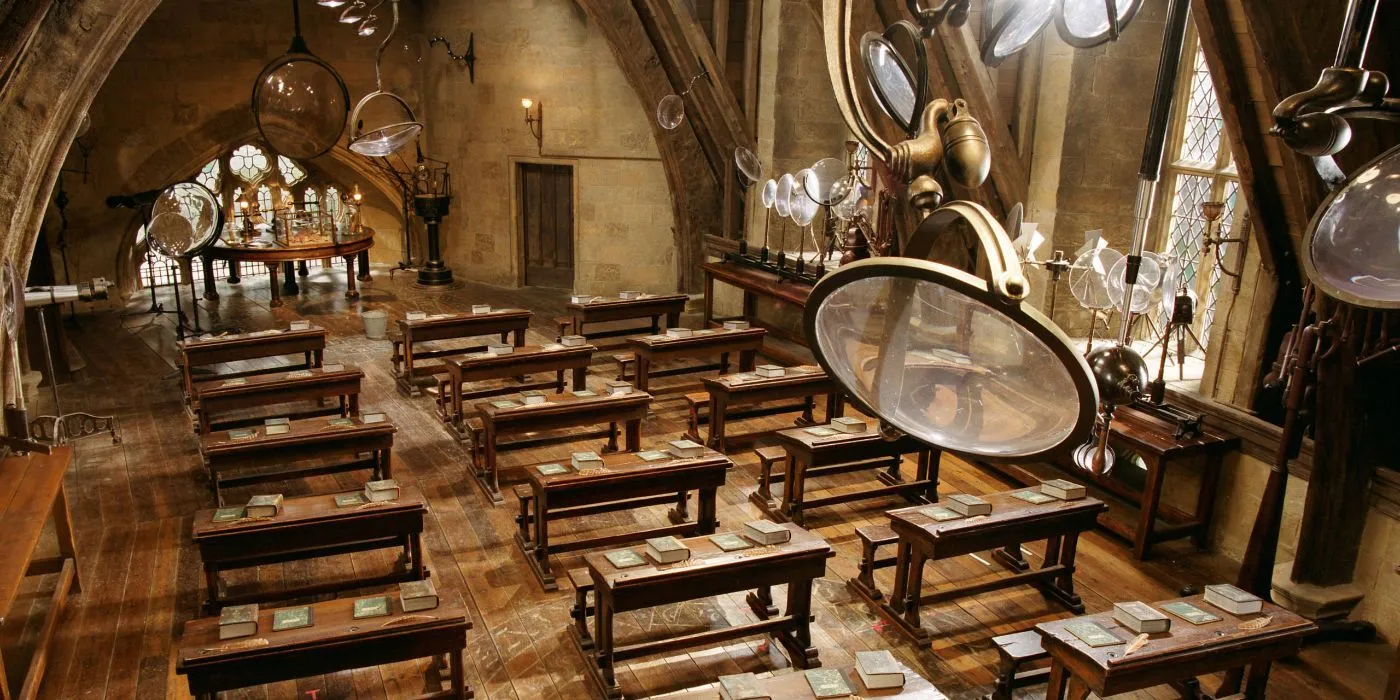
The educational standards at Hogwarts have been a point of contention among fans. Looking from a Muggle perspective, Hogwarts appears to lack fundamental subjects that would be universally valuable, such as natural sciences and mathematics, which are unrelated to magic. It’s likely that magical families are expected to educate their children on these basics before they arrive at Hogwarts. However, this assumption overlooks potential educational gaps for children from less privileged families.
The HBO remake could tackle this narrative by illustrating the disparities in educational quality between different households. By exploring how some children benefit from supportive parents while others, like the Gaunt family, are neglected, the series could highlight the complexities of education in the Wizarding world and create a more nuanced portrayal.
3. The Need for Control Over Dangerous Magic
How Does the Wizarding World Manage Dangerous Spells?
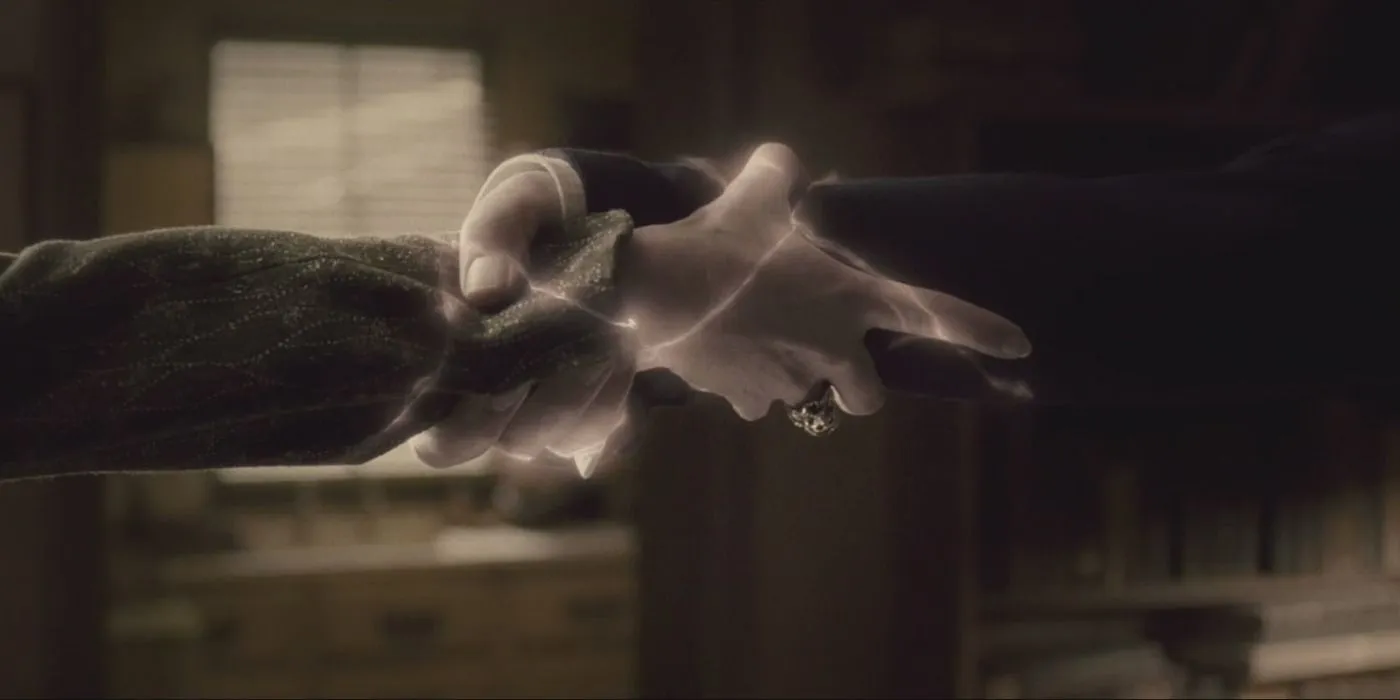
The presence of powerful magic in children raises alarming questions about safety and control. Notably, Ron Weasley’s brush with his brothers’ experiments, including the Unbreakable Vow, serves as a comical yet sobering reminder of the magic’s potential for harm. It poses an intriguing dilemma that spells like the Unforgivable Curses are not monitored more stringently. While the Ministry of Magic ostensibly regulates magic, there’s a noticeable gap in enforcement, particularly in magical households where children have unfettered access to extraordinary powers.
The remake could delve into this issue, examining how the magical community maintains stability despite such potential for chaos. By addressing the control of dangerous spells and the education surrounding their use, the series could offer a comprehensive understanding of magical governance.
4. The Redundancy of Certain Spells
What Is the Purpose of Locked Doors with Magic?
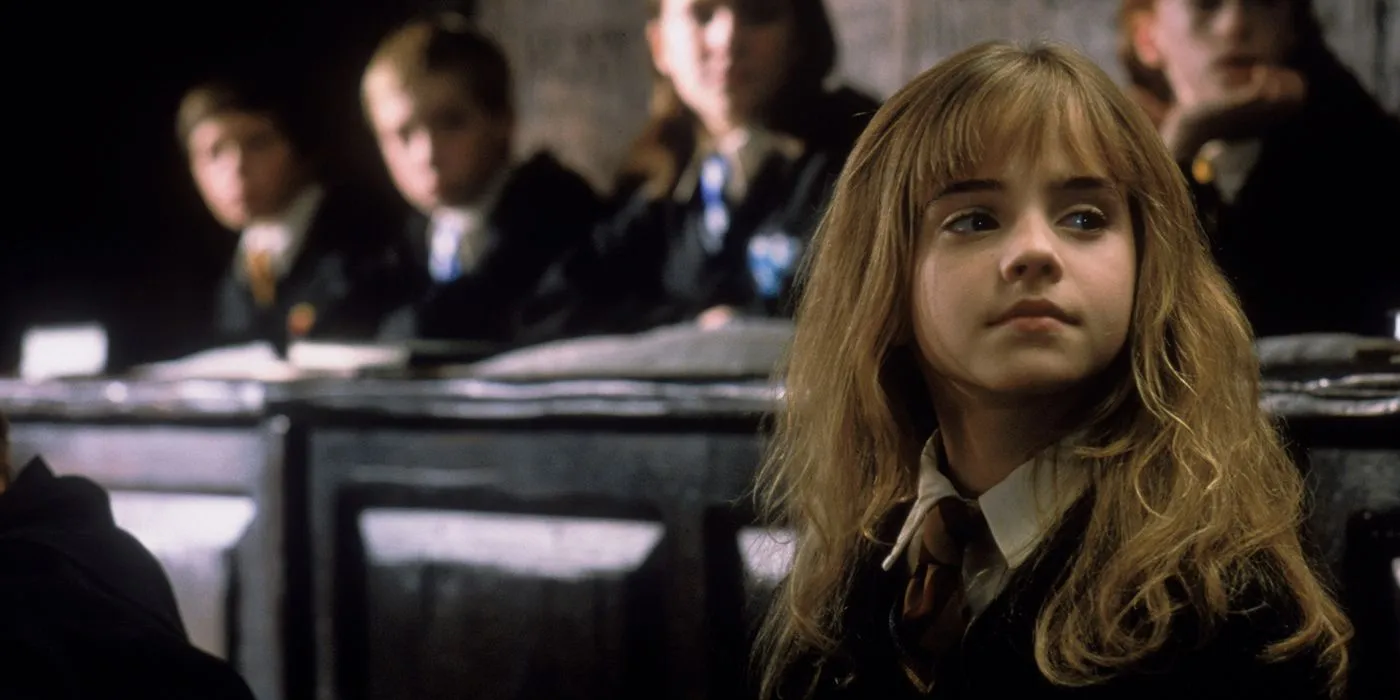
While spells like Alohomora are incredibly convenient, they render traditional locks practically obsolete. Hermione first uses this spell in Harry Potter and the Philosopher’s Stone to unlock doors, which raises the question: if first-year students can easily master such a basic spell, what are locks for?
HBO’s adaptation could introduce a nuanced framework highlighting various spell levels and lock complexities. The narrative could explore why certain locks remain secure despite the existence of magic, offering a more profound commentary on security within the Wizarding realm.
5. Discrepancies in the Wizarding Population
Does the Wizarding Population Align with Reality?
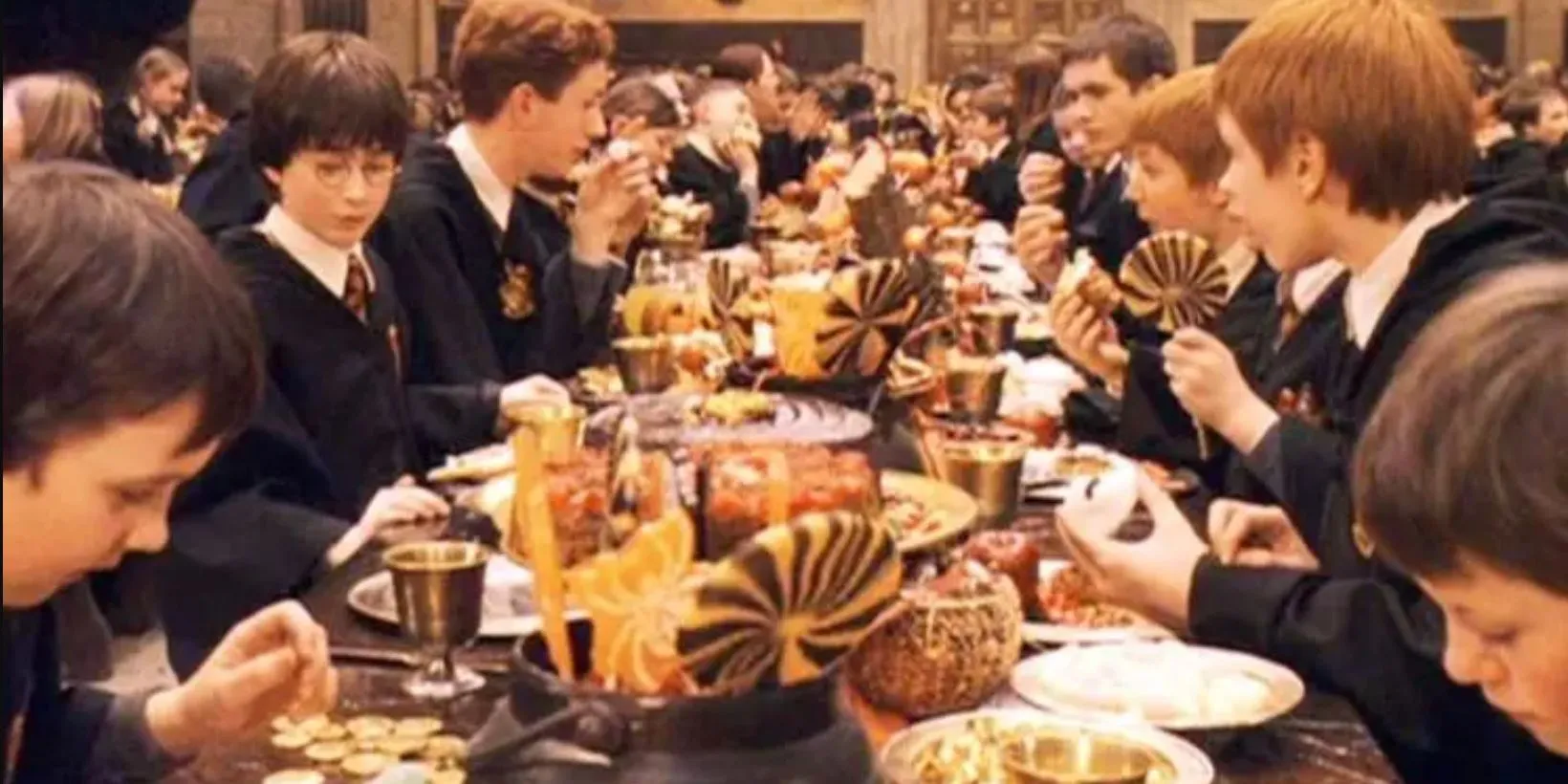
The scope of the Wizarding population remains ambiguous throughout the series. While it’s suggested that the British magical community is tightly-knit, with a shared knowledge of prominent families, the actual population numbers seem inconsistent, especially in the Hogwarts school context.
Author J.K. Rowling indicates that Hogwarts accommodates approximately 1,000 students, but the ratios do not align with the representation of students, especially in Gryffindor. With five boys in Harry’s year, the figures seem improbable against the supposed student body size. For the remake, addressing these discrepancies will be key—whether by adjusting the number of students or diversifying faculty to better reflect the community scale.
6. Inconsistencies in Legal Regulations
What Are the Laws Governing Magic?
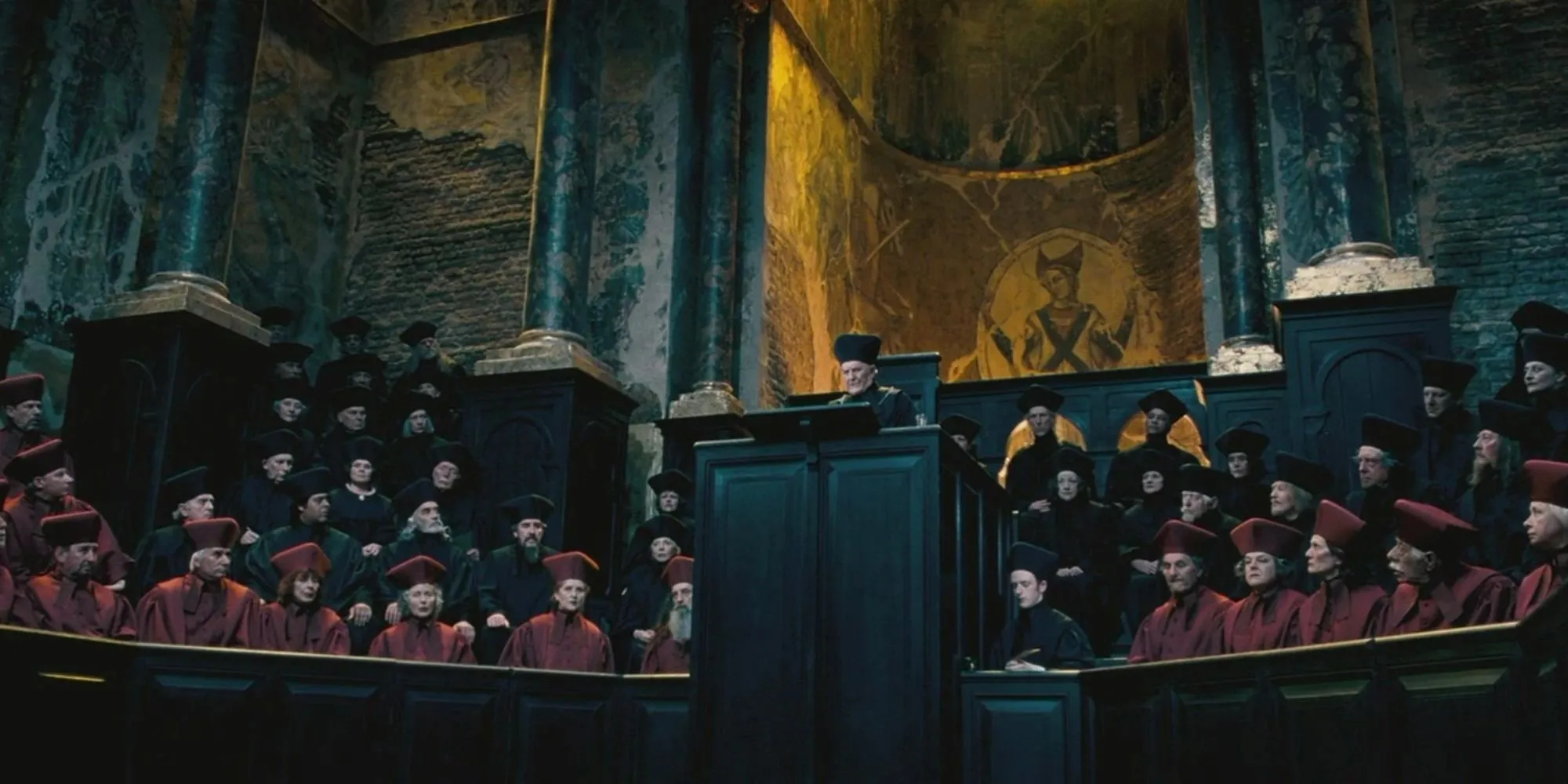
The legal framework surrounding magic in Harry Potter presents a patchwork of enforcement. While many seemingly harmless activities are illegal, others—like the Polyjuice Potion—remain legal despite their dangerous implications. This inconsistency raises further questions: why isn’t harmful magic purely outlawed?
Activities involving Muggle artifacts illustrate the lax regulation in Knockturn Alley, where illegal items abound without significant intervention from the Ministry. The HBO remake could delve into this disconnect by exploring the motivations behind magical law, thereby offering greater clarity and depth to the world’s judicial system.
7. The Enigma of Portrait Magic
Are Portraits Living Beings or Just Images?
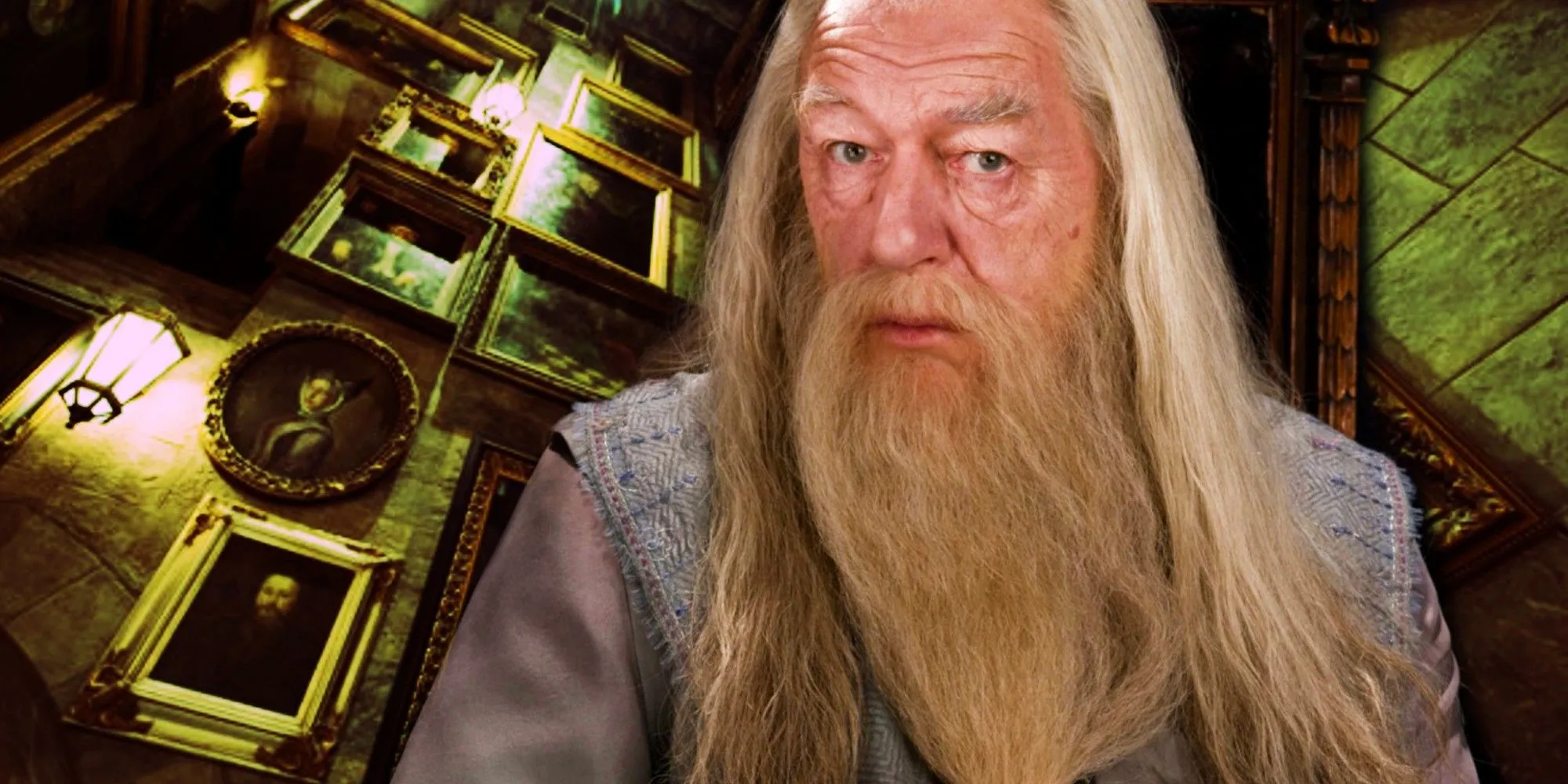
Moving pictures and portraits in Harry Potter introduce a perplexing layer to the narrative. While the portraits possess distinct personalities and interact with living characters, their true nature remains ambiguous. For example, Dumbledore’s portrait continues to advise Harry posthumously, blurring the lines between life and representation. This raises significant questions about existence, memory, and identity within the magical community.
The remake could enhance viewers’ understanding by elaborating on the boundaries and rules governing portrait magic and whether these figures can genuinely replicate the essence of their living counterparts. This could provide a fascinating discussion on the intersection of memory and identity in a magical context.
8. The Severity of the Wizarding Justice System
Why Is Azkaban the Only Prison?
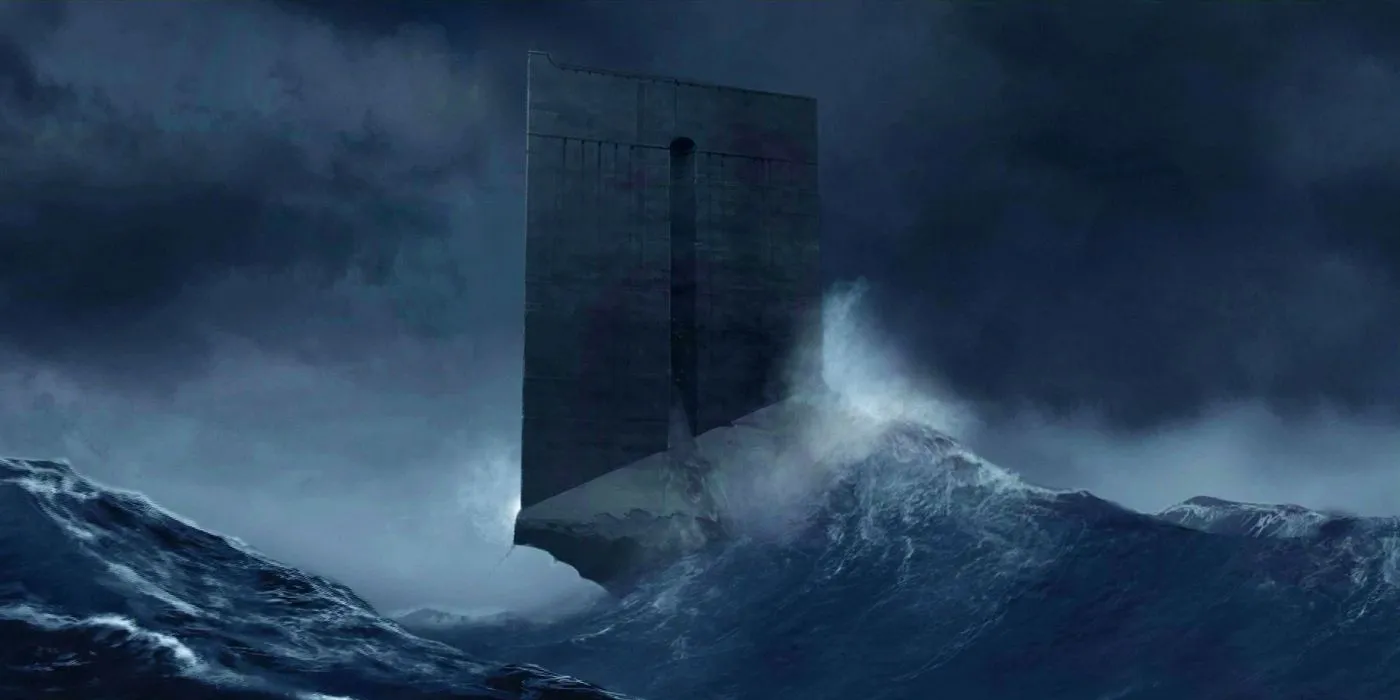
The severity of punishments in the Wizarding world often seems excessive. With Azkaban serving as the singular prison facility, the conditions and consequences faced by incarcerated witches and wizards raise serious concerns. Those found guilty of Dark magic offenses endure Dementor-inflicted torment, while lesser infractions result in equally harsh penalties. This raises the issue of fairness in the application of justice.
Unlike students expelled from Hogwarts, who face irreversible consequences such as wand destruction, high-profile criminals like Bellatrix Lestrange reclaim their wands upon their release. The HBO remake should address these disparities to encourage discourse about justice and rehabilitation in the Wizarding world.
9. Limitations of Wizarding Medical Care
Why Are Medical Solutions So Limited?
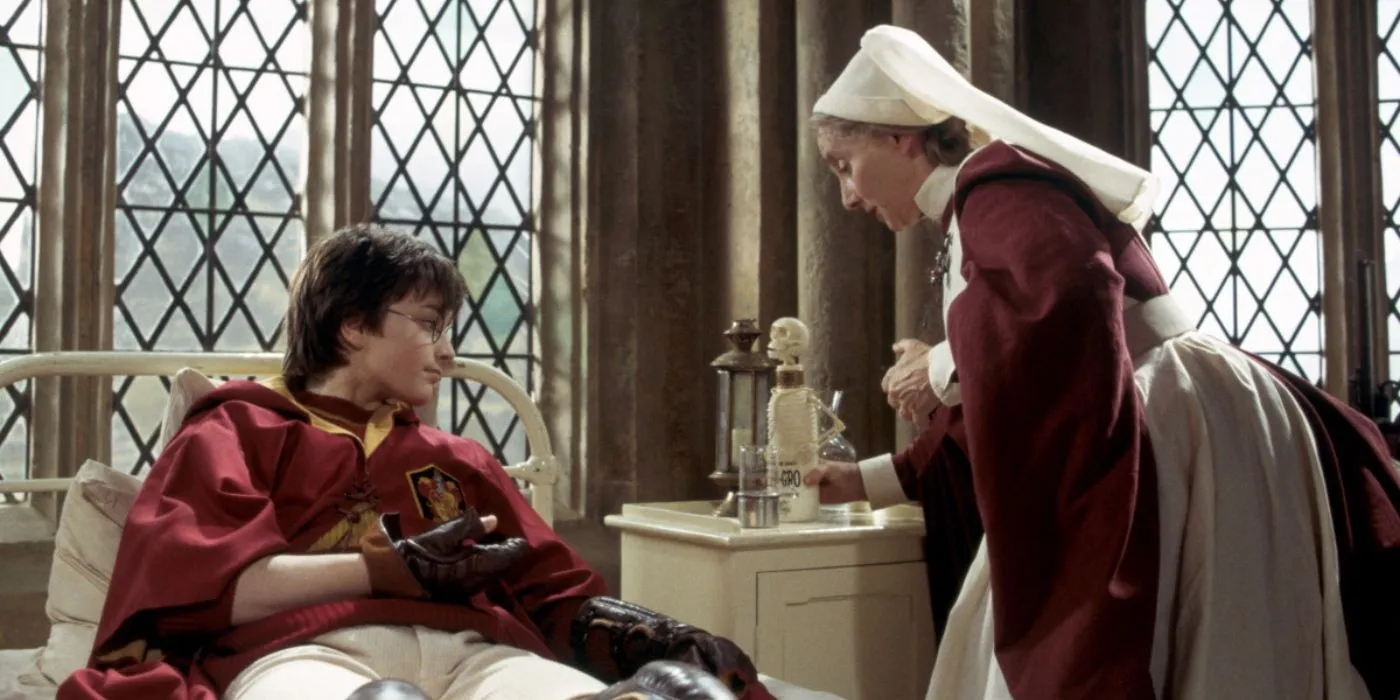
The notion of safety in the Harry Potter universe is often dismissed due to apparent neglect for wellbeing. However, it’s crucial to appreciate that magical healing encompasses remarkable capabilities that often rival Muggle medicine. Despite the power to heal severe injuries with ease, certain medical limitations do persist, sparking curiosity among fans.
For example, the existence of glasses indicates a lack of magical solutions for conditions like nearsightedness or astigmatism. As HBO’s reboot progresses, clarifying why these medical limitations exist could deepen viewers’ appreciation for the complexity of magical healthcare.
